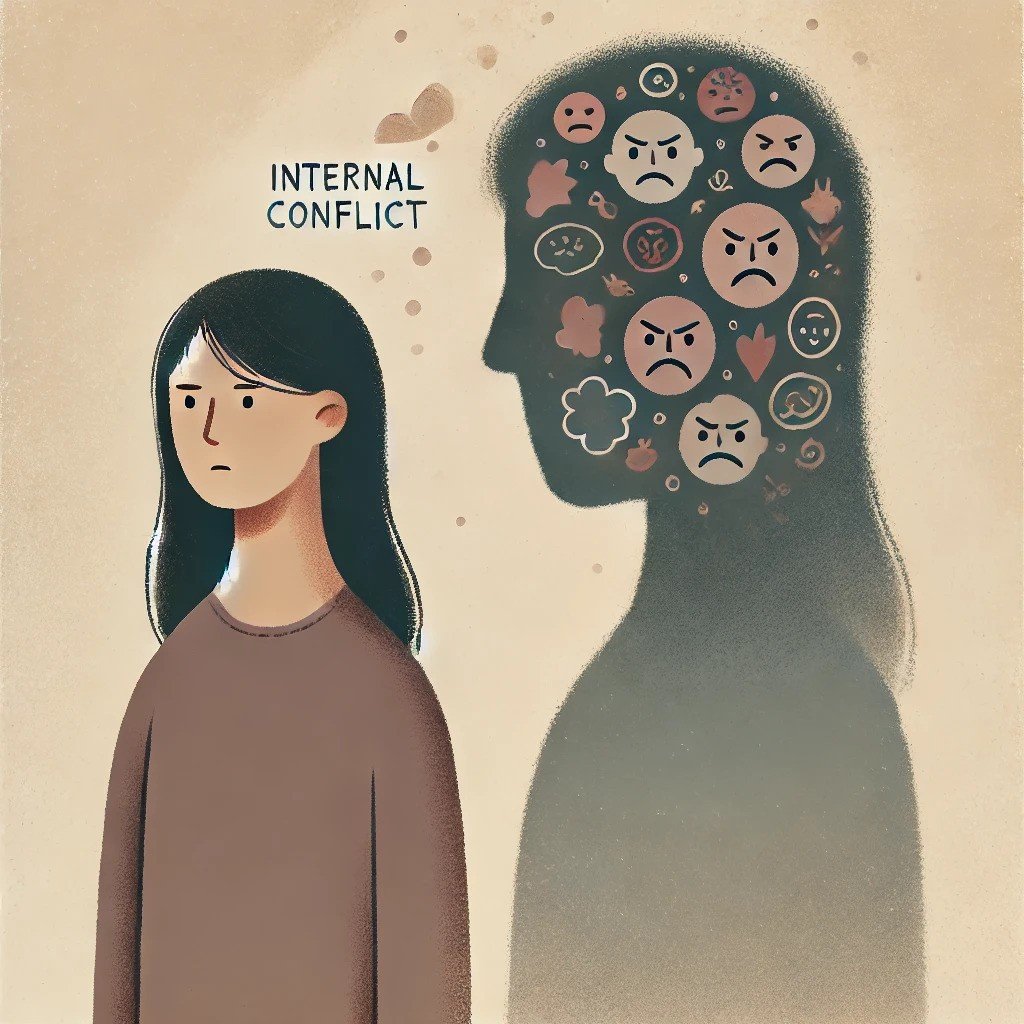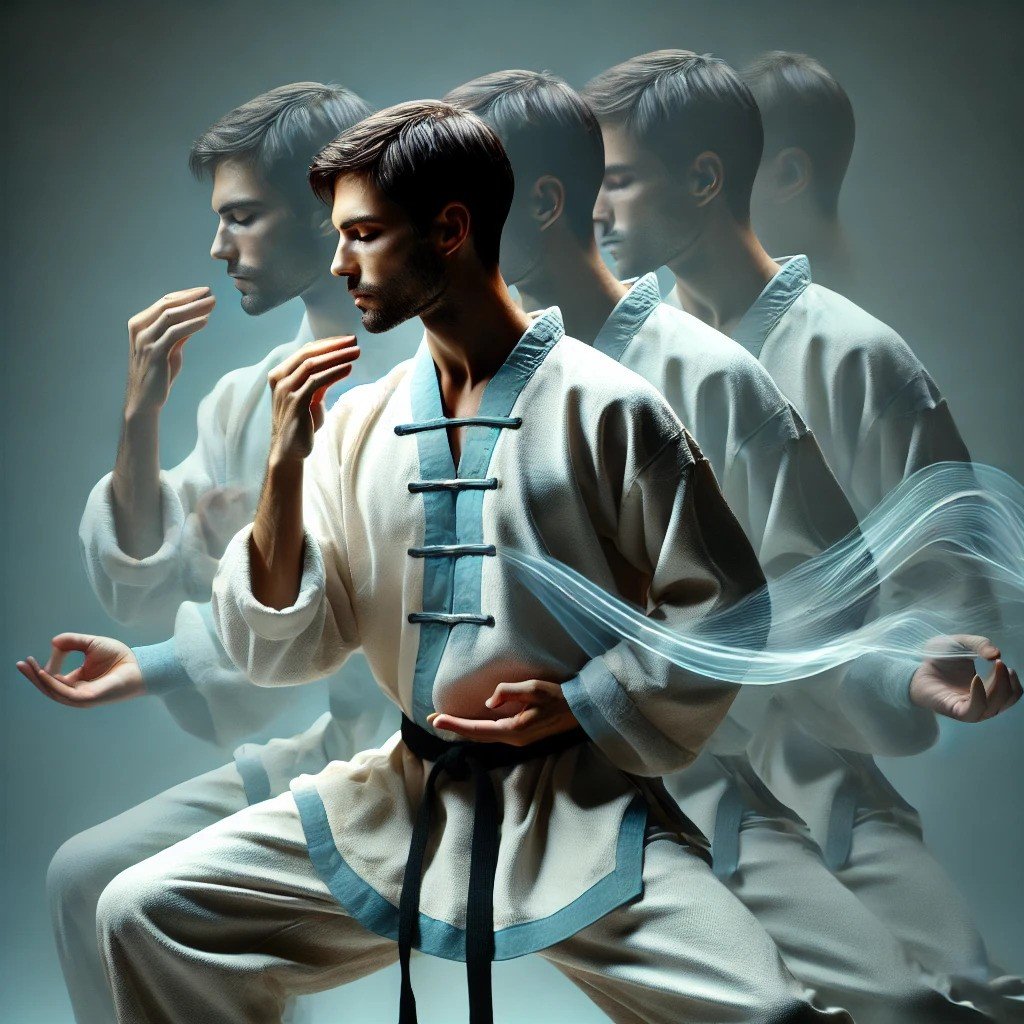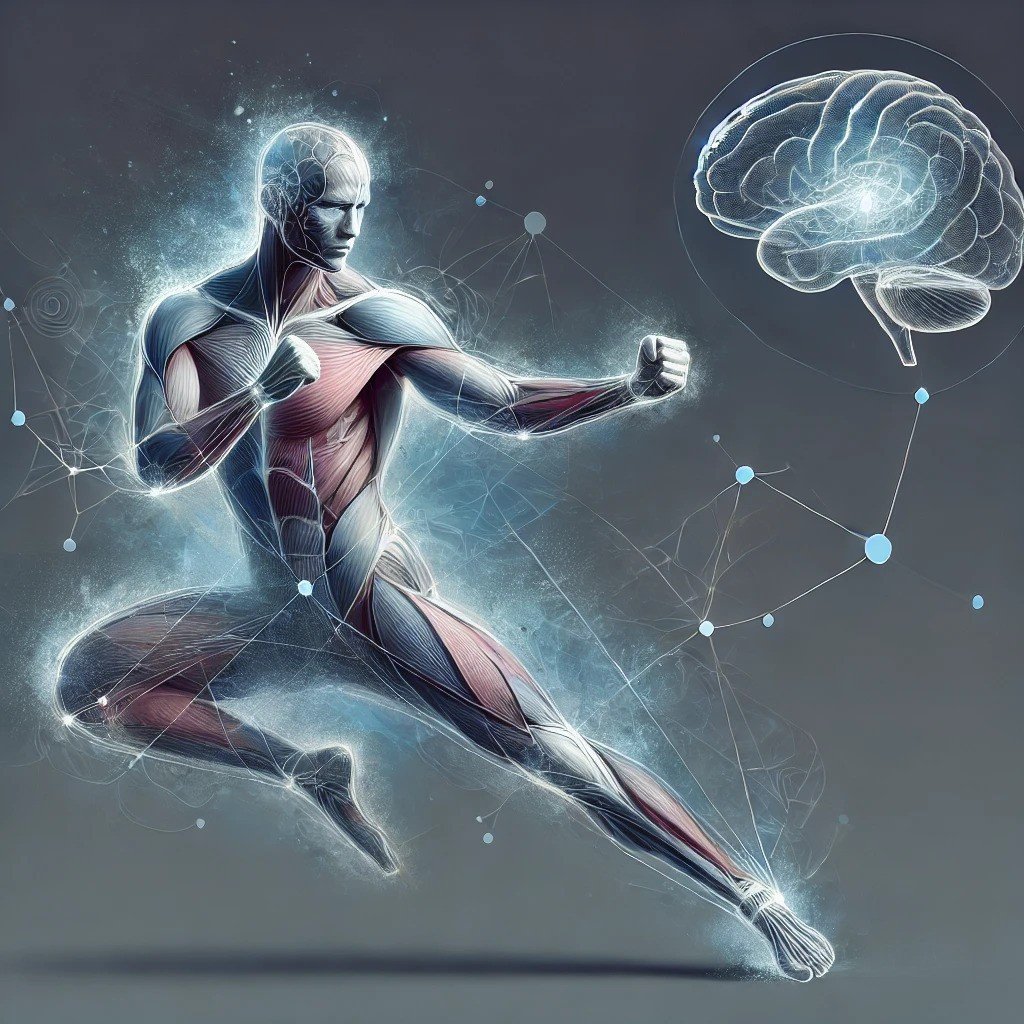
The Urgent Need for Emotional Awareness and Intelligence
In a world where stress and rapid change are constant, emotional awareness has become an essential skill for maintaining resilience, managing stress, and fostering harmony within ourselves and our communities. Emotional awareness—the ability to recognize, understand, and work with our emotions—serves as a foundation for personal growth, helping us respond to life’s challenges with clarity and composure. Paired with emotional intelligence, or EI, this awareness becomes a tool for self-regulation, empathy, and effective communication.
Today’s complex, high-stress environment makes developing emotional intelligence more critical than ever. Why emotional intelligence matters becomes clear when we recognize the ways in which heightened EI allows us to navigate difficult situations calmly, connect meaningfully with others, and remain adaptable under pressure. Unfortunately, emotional intelligence and awareness remain widely misunderstood and undervalued skills, often dismissed as “soft” abilities despite their profound impact on mental and emotional well-being.
This article will explore how martial arts, particularly Wing Chun, can cultivate emotional awareness through body-centered practices. By connecting mind and body in each movement, martial arts offer a unique pathway to understanding and harnessing emotions. Whether you’re a martial artist or someone seeking personal growth, we’ll reveal how practices like Wing Chun can help develop emotional intelligence, providing a powerful framework for managing stress and achieving inner balance in a demanding world.
The Body as a Gateway to Emotional Awareness

Understanding our emotions often begins with tuning into our bodies. Physical awareness—the ability to recognize and interpret sensations within the body—is one of the most accessible entry points for emotional understanding. Viewing the body as the foundation of emotional awareness and intelligence helps bridge the gap between physical sensations and emotional insight.
At Lightning Hand Academy, our instructors have observed an archetype among students who seem to embody a kind of “out-of-body” experience, often showing discomfort with slowing down and being fully present in their bodies. Over many years of instruction, we’ve seen firsthand how body-centered practices can transform these students. By focusing on mindful movement and physical awareness, they’ve made notable strides in coordination and emotional development, cultivating a more grounded and resilient approach to both training and life.
For those who experience anxiety or find themselves often “in their heads,” body-centered practices like Wing Chun offer a path to reconnect with the present moment. By slowing down, focusing on physical sensations, and engaging in mindful movement, martial arts can gently guide practitioners back into their bodies, helping to alleviate the mental strain of constant overthinking. This approach cultivates not only physical coordination but also emotional resilience, making it easier to manage stress, feel grounded, and respond thoughtfully to life’s challenges.
What is Emotional Awareness? Why is it Misunderstood and Undervalued?

Emotional awareness is the ability to recognize and understand our own emotions. It involves not only identifying the feelings we experience but also observing how they influence our behavior, decisions, and overall mental state. According to the Levels of Emotional Awareness (LEA) model, emotional awareness begins with “Awareness of Bodily Sensations.” At this foundational level, we tune into physical sensations—like tension, heart rate, or relaxation—as the first signs of our emotional responses. This awareness allows us to acknowledge emotions as they arise, paving the way for clearer understanding and self-regulation.
Despite its value, emotional awareness is often misunderstood and undervalued. In modern society, sensitivity is frequently perceived as a weakness, with phrases like “don’t be so sensitive” dismissing its importance. Yet, in Lightning Hand Academy’s Wing Chun lineage, sensitivity is regarded as a strength. Sensitivity empowers individuals to pick up on subtle cues, allowing them to read a room or even anticipate movements through touch—a skill that can respond faster than sight. This nuanced understanding of sensitivity highlights its role in cultivating emotional awareness; far from being a vulnerability, sensitivity sharpens our perception and adaptability.
Emotional awareness is also the foundation of emotional intelligence, a skill set that includes self-regulation, empathy, and resilience. Developing these key skills of emotional intelligence can be transformative for personal growth, enhancing mental clarity and interpersonal harmony. For martial artists, especially in Wing Chun, emotional awareness and sensitivity become invaluable, fostering calm, focus, and adaptability in both training and life.
At Lightning Hand Academy, sensitivity training extends beyond perception to become a tool for developing intuition and alignment between body and emotions. For example, in a two-person drill focused on footwork, positioning, and triangulating the correct line of attack, the learning process involves sensing one’s position relative to a partner. I will move into a superior position and then ask the student if they feel secure in their position. Frequently, they will say no, feeling vulnerable or out of alignment. From there, I guide them to adjust until they find a position where they do feel safe. This process not only enhances their intuition but also helps integrate physical awareness with emotional insight, teaching them to recognize what feels balanced and grounded.
Through these practices, martial artists learn not only to recognize emotions but to work with them intentionally, transforming awareness into a powerful tool for personal and emotional development. By fostering calm, focus, and adaptability, emotional awareness becomes a pathway to both physical mastery and personal growth.
Emotional Intelligence and Its Essential Role in Personal and Social Stability
Emotional intelligence (EI) encompasses the ability to understand and manage our own emotions while effectively engaging with the emotions of others. Its core components—self-awareness, self-regulation, empathy, and resilience—form a framework that fosters mental and emotional stability. Self-awareness involves recognizing our emotions and their effects on behavior; self-regulation allows us to manage our responses; empathy connects us with others’ emotional experiences, promoting better relationships; and resilience helps us recover from setbacks, maintaining balance even in challenging times.

In today’s fast-paced and complex world, developing EI is essential for personal stability and social harmony. Individuals with high EI are often better equipped to navigate stress, make sound decisions, and build healthy relationships, contributing positively to both personal and professional environments.
Martial arts, particularly Wing Chun, offer a structured path to develop EI skills. Practitioners encounter situations that test their emotions, requiring them to remain calm, focused, and receptive to their surroundings. For instance, learning to control one’s emotions during intense drills or adjusting to a partner’s movements in sensitivity exercises cultivates emotional resilience and empathy. This discipline fosters self-regulation, empathy, and patience that extend beyond training, impacting daily life.
A practical example of self-awareness in self-defense is highlighted by Wing Chun Master Wong Shun Leung, who stated, “The best form of self defense is to become invisible… If you can’t do that learn Wing Chun! This emphasizes the importance of awareness and adaptability in avoiding conflict.
These skills can be enhanced both within and outside of martial arts practice. Engaging in mindful breathing, reflective journaling, and intentional social interactions strengthens the key components of EI, creating a foundation for greater stability and adaptability in every aspect of life.
Internal Conflict Management and Anxiety
Anxiety often stems from unresolved internal conflicts—competing thoughts, feelings, or desires that create mental and emotional tension. For instance, a person might feel torn between wanting to succeed and fearing failure, or between the need for control and the desire for freedom. These opposing inner forces can amplify anxiety, creating a persistent sense of unease and discomfort. Left unaddressed, these internal conflicts may lead to a reactive state, where a person feels trapped in cycles of worry, avoidance, or self-criticism.
Martial arts and emotional awareness practices offer effective tools for managing these inner conflicts. Through focused movement, breath control, and physical awareness, martial arts help practitioners recognize and work with their emotions rather than being controlled by them. In Wing Chun, for example, sensitivity exercises and controlled drills require practitioners to be fully present, helping them observe and regulate their internal responses. This process cultivates resilience by encouraging individuals to engage with their emotions in real-time, learning to navigate feelings of vulnerability or fear without becoming overwhelmed. Martial arts become a practice not only for physical discipline but for self-regulation and mental clarity, helping individuals to reduce anxiety by managing their internal conflicts.

Scientific Insight: Studies show that emotional awareness practices can significantly reduce anxiety and improve self-regulation. Research in somatic psychology demonstrates that by tuning into physical sensations associated with emotions, individuals are better able to manage anxiety. Emotional awareness practices activate the parasympathetic nervous system, promoting calm and decreasing the body’s stress response. This is further supported by studies on interoception (awareness of internal body signals), which reveal that body-centered awareness reduces anxiety by creating a stronger connection to the present moment. These insights connect directly to the science of emotional release through the body, showing how the body becomes a powerful ally in managing and releasing anxiety.
By practicing emotional awareness within martial arts, individuals gain not only a stronger sense of self-control but also a greater capacity for resilience. This approach empowers them to face life’s challenges with composure and confidence, creating an enduring foundation for both mental and emotional well-being.
How Martial Arts Cultivates Emotional Awareness and Control
Martial arts offer a structured approach to developing emotional awareness and self-regulation. By engaging with physical practices that encourage mindfulness, focus, and adaptability, practitioners learn to observe and manage their internal responses. Key practices—slowing down, peripheral vision training, partner drills, and “gong” development—foster the skills needed to cultivate both emotional and physical control.

Slowing Down: One of the simplest yet most profound techniques in martial arts is the practice of slowing down movements. Moving slowly and mindfully requires focus and encourages practitioners to tune into their physical sensations, making it easier to recognize the emotions underlying those sensations. When we slow down, we notice where tension or discomfort resides in our bodies, giving us insight into unprocessed feelings. Research in mindfulness practices supports the benefits of slow, deliberate movement for emotional regulation, as it engages the body’s relaxation response and reduces stress. This slow-paced awareness acts as a grounding tool, enabling martial artists to handle emotions calmly and thoughtfully, both in training and in life.
Peripheral Vision Training: In Wing Chun, practitioners use a unique method of seeing through peripheral vision, which helps prevent fixation on any single point. This way of seeing creates a calm, almost trance-like state, allowing practitioners to remain aware of their surroundings without becoming reactive or tense. Peripheral vision training enhances focus without fixation, helping martial artists maintain a relaxed and present state, which supports emotional regulation by minimizing mental stress and hyper-focus.
Partner Drills and Sensitivity Exercises: Partner work, like Chi Sao (or “Sticky Hands”), offers a unique way to build empathy and emotional awareness. In sensitivity drills, practitioners learn to respond to their partner’s movements with adaptability and subtlety, cultivating an awareness of nonverbal cues and physical feedback. By tuning into their partner’s rhythm and force, martial artists develop a responsive sensitivity that goes beyond sight or logic. This heightened awareness encourages empathy, as practitioners learn to read and anticipate each other’s intentions. Exercises like these train individuals to balance responsiveness with control, a skill that extends to relationships beyond the dojo.
“Gong” Development and Muscular Relaxation: In Wing Chun, practitioners focus on what is called “gong” development, a process that enhances internal energy, though the exact translation from Chinese varies. This aspect of training emphasizes turning off muscular tension, rather than relying on muscular force against muscular force. Through “gong” development, martial artists learn to move with relaxed power, improving both physical efficiency and emotional adaptability, as this relaxed state minimizes stress and reactive tension.Each of these practices highlights the deep connection between body and mind, with emotional awareness as a key aspect of martial arts training. Engaging in slow movement, peripheral vision, and sensitivity drills enables practitioners to manage emotions and develop resilience, blending emotional and physical mastery. These practices are further supported by the science of emotional release through the body, affirming how body-centered awareness can lead to emotional balance and self-regulation.
Bridging Emotional Awareness and Physical Mastery
Cultivating emotional awareness is a transformative practice that enables martial artists to achieve physical mastery through a deepened mind-body connection. In martial arts like Wing Chun, emotional awareness isn’t separate from physical training; rather, it enhances it. By tuning into emotions and bodily sensations, practitioners can better control their movements, reduce unnecessary tension, and respond fluidly to their environment. This heightened self-awareness allows martial artists to anticipate and adapt to the challenges of each moment, achieving physical breakthroughs that stem from internal calm and clarity.

Scientific insights support this integration of emotional and physical training. Research on neuroplasticity—the brain’s ability to reorganize itself by forming new neural connections—shows that consistent, body-centered practices can reshape both emotional and physical responses. Through mindful movement and sensitivity exercises, martial artists stimulate neural pathways that improve focus, resilience, and adaptability, strengthening their capacity to stay grounded in high-stress situations. In the evolving landscape of wellness, the future of emotional intelligence emphasizes the harmony of mind and body, underscoring the importance of EI and physical practices. Together, they create balanced resilience, enhancing well-being in every facet of life.
Conclusion: Reclaiming Emotional Awareness as a Path to Greater Resilience

In a world marked by rapid change and heightened stress, emotional awareness and intelligence are indispensable for maintaining mental and emotional balance. Slowing down and being present in our bodies is not only a natural process but also a healthy one, enabling us to understand our inner responses, build resilience, and improve our interactions with others. Developing emotional awareness allows us to approach life’s challenges with greater composure, empathy, and clarity.
Martial arts, particularly disciplines like Wing Chun, offer a powerful pathway for cultivating this awareness through the integration of mind and body. The practice invites us to slow down, tune into our physical sensations, and apply our “inner” conflict management skills to better address external challenges. In this way, martial arts become more than physical training—they foster a resilient, balanced approach to life.
Coach Dan, the founder of Regroove Fitness, brings a holistic approach to health and personal growth. With a background in martial movement, resistance training, and wellness coaching, he uses physical training as a foundation for mental and emotional resilience. At Regroove Fitness, Coach Dan blends martial techniques, energy work practices like qigong, and personalized body recovery to help clients unlock their fullest potential. His philosophy? True growth begins with the body, creating a gateway to deeper self-discovery and lasting wellness. Through his guest blogs, Coach Dan shares insights on cultivating strength, focus, and self-awareness, empowering readers to re-groove their lives from the inside out.
Leave a Reply